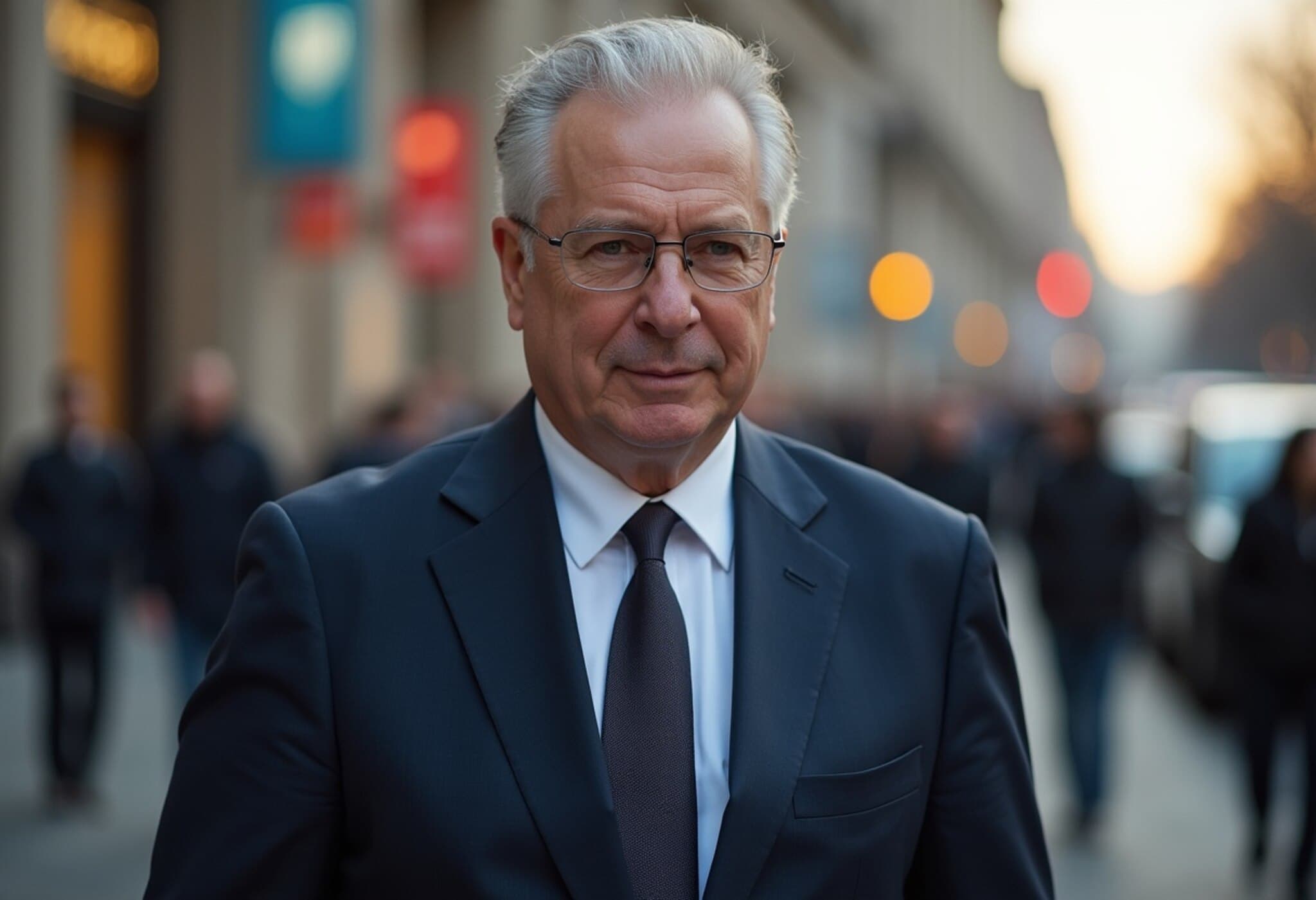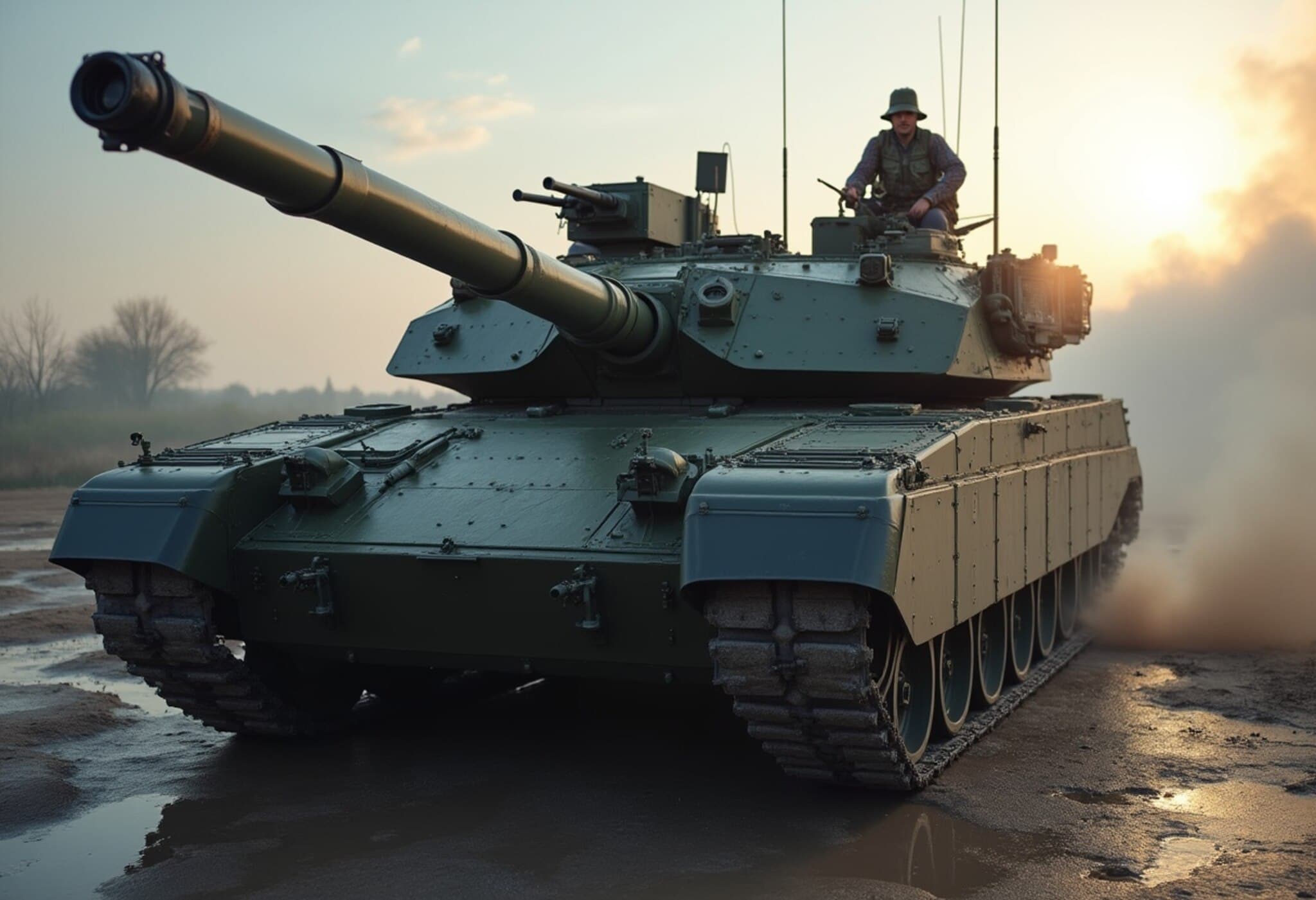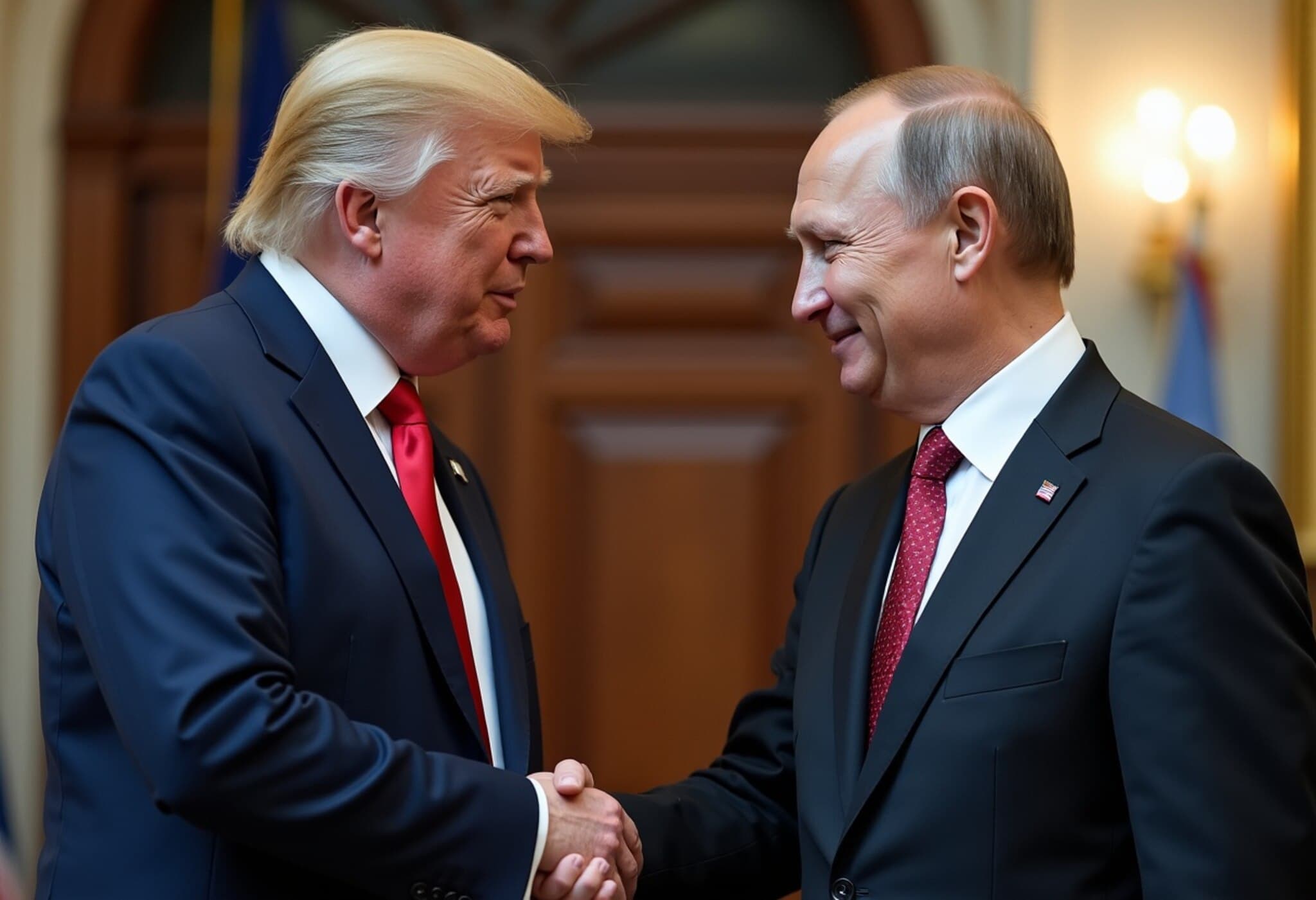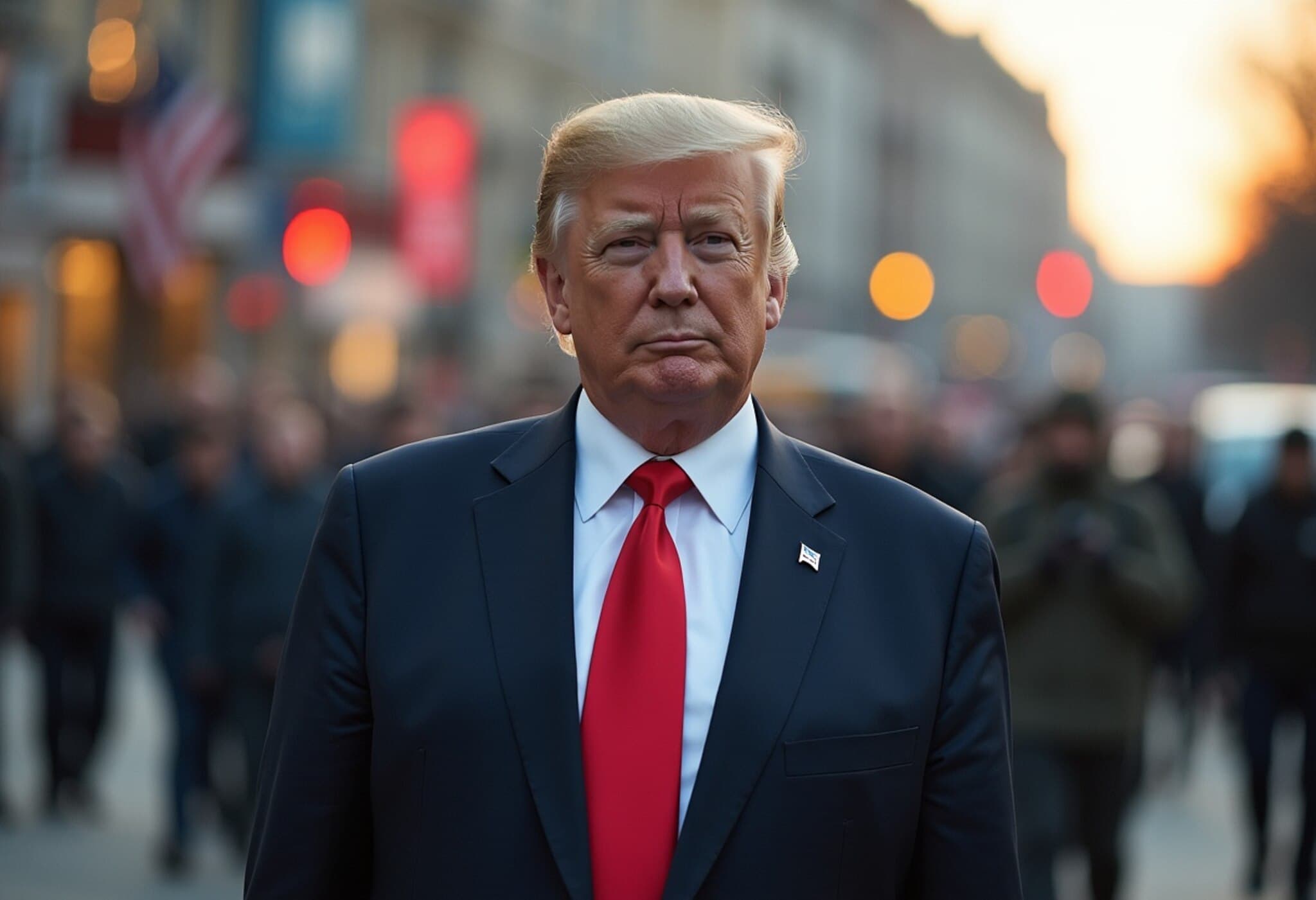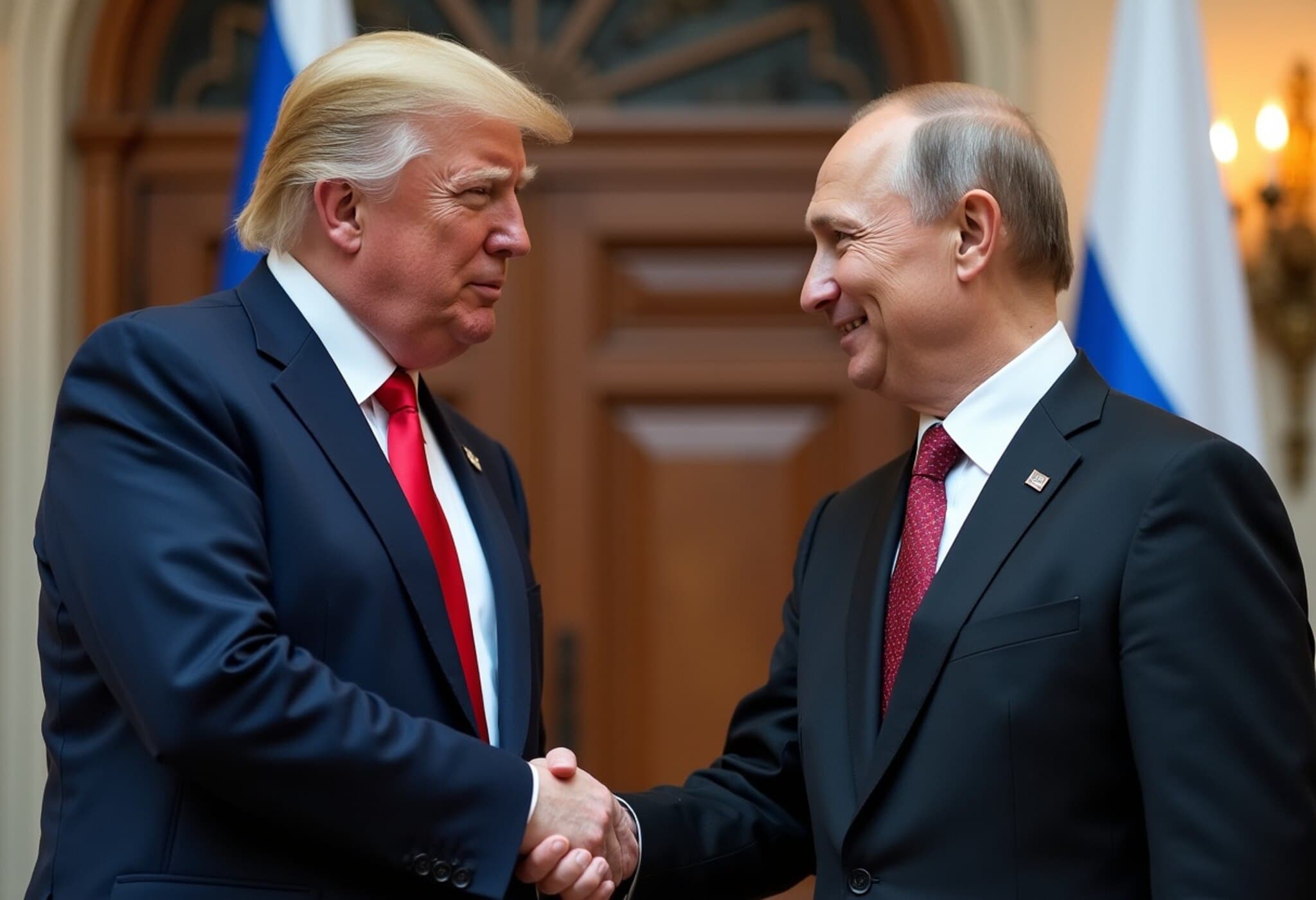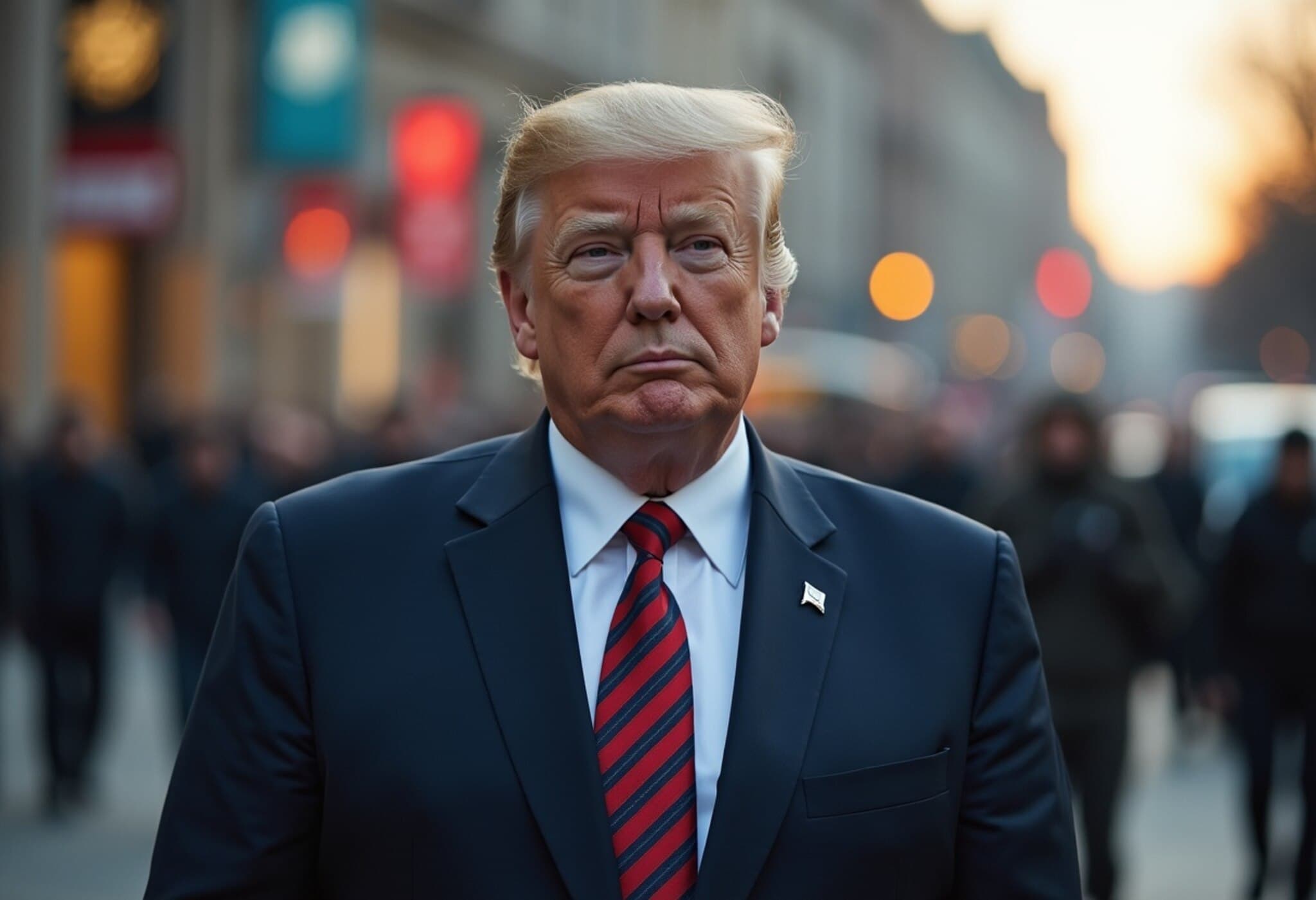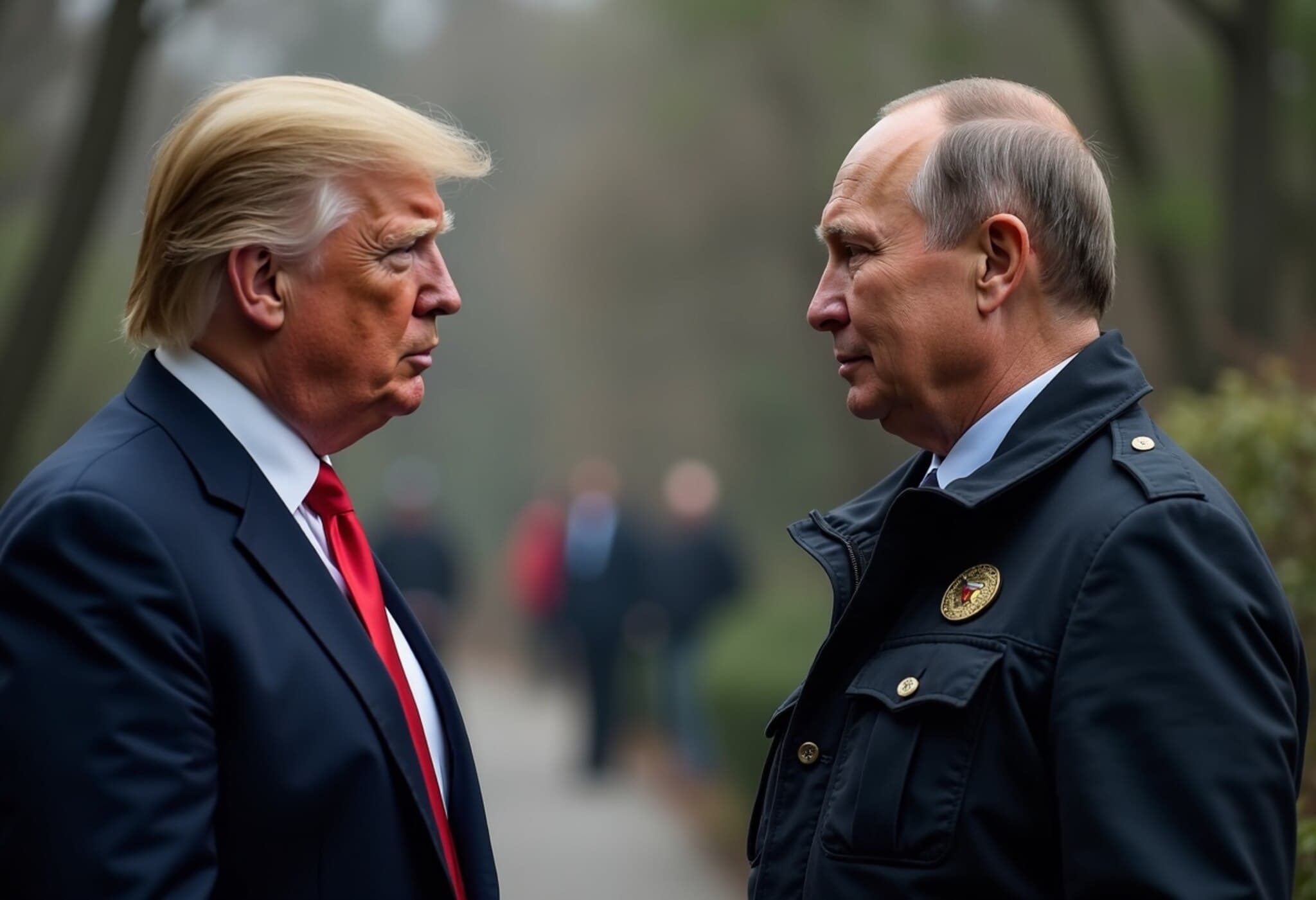Ukraine’s Zelenskyy Firmly Rejects Ceding Donbas Amid Rising Conflict Fears
In a decisive stance on the ongoing conflict with Russia, Ukrainian President Volodymyr Zelenskyy issued a stern warning against conceding control of the Donbas region to Russia. Speaking to journalists ahead of pivotal peace negotiations, Zelenskyy cautioned that any relinquishment of this strategic eastern territory could ignite "a third war," escalating instability in the region and beyond.
Context: The High Stakes Ahead of Alaska Peace Talks
The warning comes just days before Russian President Vladimir Putin is slated to meet U.S. President Joe Biden in Anchorage, Alaska, in what has been described as a “listening exercise” rather than formal peace talks. It is widely anticipated that Putin will push for Ukrainian territorial concessions as part of a ceasefire deal, with Donbas at the center of his demands.
Zelenskyy, however, remains unwavering. “Donbas is not just a piece of land; it is a linchpin of our national defense,” he said. He emphasized that yielding this region would provide Russia with a strategic springboard for a renewed military offensive, potentially as soon as September, as Moscow continues to amass troops near the front lines.
The Security and Sovereignty Imperative
Highlighting lessons from past aggression, namely the 2014 annexation of Crimea and the 2022 full-scale invasion, Zelenskyy articulated that security guarantees and respect for Ukraine’s sovereignty are prerequisites for any territorial discussions. He made clear that exchanging land without robust safeguards would be tantamount to inviting further encroachments.
“I do not have the right to surrender our country,” Zelenskyy stated emphatically, underscoring the fortifications and high ground in Donbas as critical to Ukraine’s defense strategy. He expressed skepticism toward Russian offers that lack credible assurances against future hostilities, warning that the Kremlin’s ambitions may extend beyond Donbas to other key Ukrainian regions such as Dnipro, Zaporizhzhia, and Kharkiv.
U.S. Mediation and the Complexity of Peace Efforts
Amid these tensions, former U.S. President Donald Trump has signaled intent to facilitate dialogue, advocating for direct talks between Putin and Zelenskyy and suggesting “land swapping” as a potential pathway to peace. Trump clarified that while he does not plan to negotiate a deal himself, he envisions a mediated agreement involving territorial compromises to end the conflict.
Nevertheless, Ukrainian officials, including Zelenskyy, have distanced themselves from Putin’s proposals, with the Ukrainian leader asserting that Russian demands do not reflect the U.S. government’s stance. The Biden administration has framed the upcoming Anchorage meeting as an opportunity to better understand Russia’s position but reaffirmed that only one side—the Russian delegation—will attend, highlighting the asymmetry in engagement.
Expert Insights: The Peril of Precarious Concessions
Analysts caution that conceding Donbas without ironclad security assurances risks emboldening Moscow to exploit vulnerabilities—a pattern consistent with Russia’s calculated territorial expansions over the last decade. The region’s industrial infrastructure and strategic terrain make it a coveted prize for Moscow, integral not only militarily but symbolically in asserting influence over Ukraine's sovereignty.
From an American policy perspective, supporting Ukraine’s territorial integrity aligns with broader commitments to European security and countering revisionist powers undermining the international order. The U.S. faces a delicate balance between encouraging negotiation and deterring aggression without conceding to coercive territorial demands.
Underreported Angles: The Human Cost and Long-Term Implications
Beyond geopolitics, the fate of Donbas shapes the lives of millions of civilians caught in the crossfire. Peace talks that overlook the humanitarian dimension risk perpetuating cycles of displacement and trauma. Furthermore, Ukraine’s insistence on sovereignty reflects a broader struggle to preserve democratic governance amid external threats.
Experts urge that any peace process must integrate human rights considerations and reconstruction plans to foster lasting stability rather than temporary ceasefires vulnerable to breakdown.
Conclusion
Zelenskyy’s firm position on holding Donbas reflects not only strategic calculus but a profound commitment to Ukrainian sovereignty and security. As the world watches the high-stakes encounters in Alaska, the questions remain: Can diplomacy bridge entrenched divisions? Or will concessions made under duress sow the seeds for future conflicts? The path forward demands cautious navigation of complex military, political, and humanitarian realities.
Editor’s Note
The escalating tensions in Eastern Ukraine underscore the fragile balance between diplomacy and deterrence. While negotiations offer hope, they come with the risk of empowering aggressors if security guarantees are weak or absent. Readers should watch for developments in the Anchorage talks and consider the multifaceted impacts—military, political, and human—of any proposed peace frameworks. Continued global engagement and vigilance are essential to uphold Ukraine’s sovereignty and the broader principles of international law.










